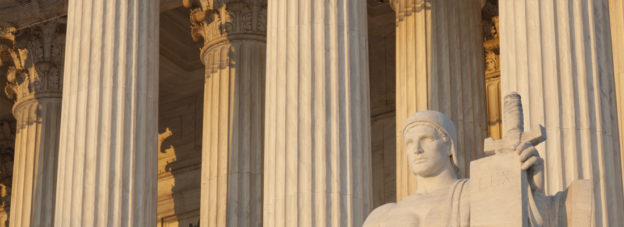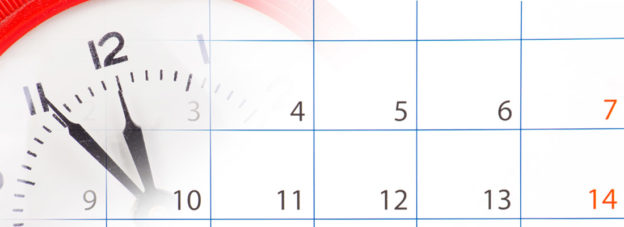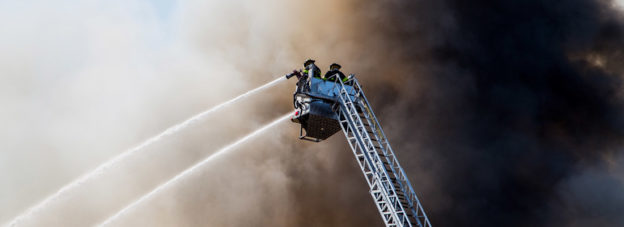Earlier this summer, in Gables & Villas at River Oaks Homeowners Ass’n v. Castlewood Builders LLC, 2018 UT 28, the Supreme Court of Utah addressed the question of whether the plaintiff’s construction defects claims against the general contractor for a construction project were timely-filed, or barred by the statute of repose. In Utah, the statute of repose requires that an action be “commenced within six years of the date of completion.” The plaintiff alleged that its 2014 amended complaint naming the general contractor as a defendant was timely-commenced because, before the date on which Utah’s statute of repose ran, a defendant filed a motion to amend its third-party complaint to name the general contractor as a defendant, and the defendant subsequently assigned its claims to the plaintiff. The plaintiff argued that the filing of its 2014 amended complaint related back[1] to the date of its original complaint. The Supreme Court disagreed, holding that an action is “commenced” by filing a complaint and that a motion for leave to amend does not count as “commencing” an action. Continue reading →
This entry was posted in 


